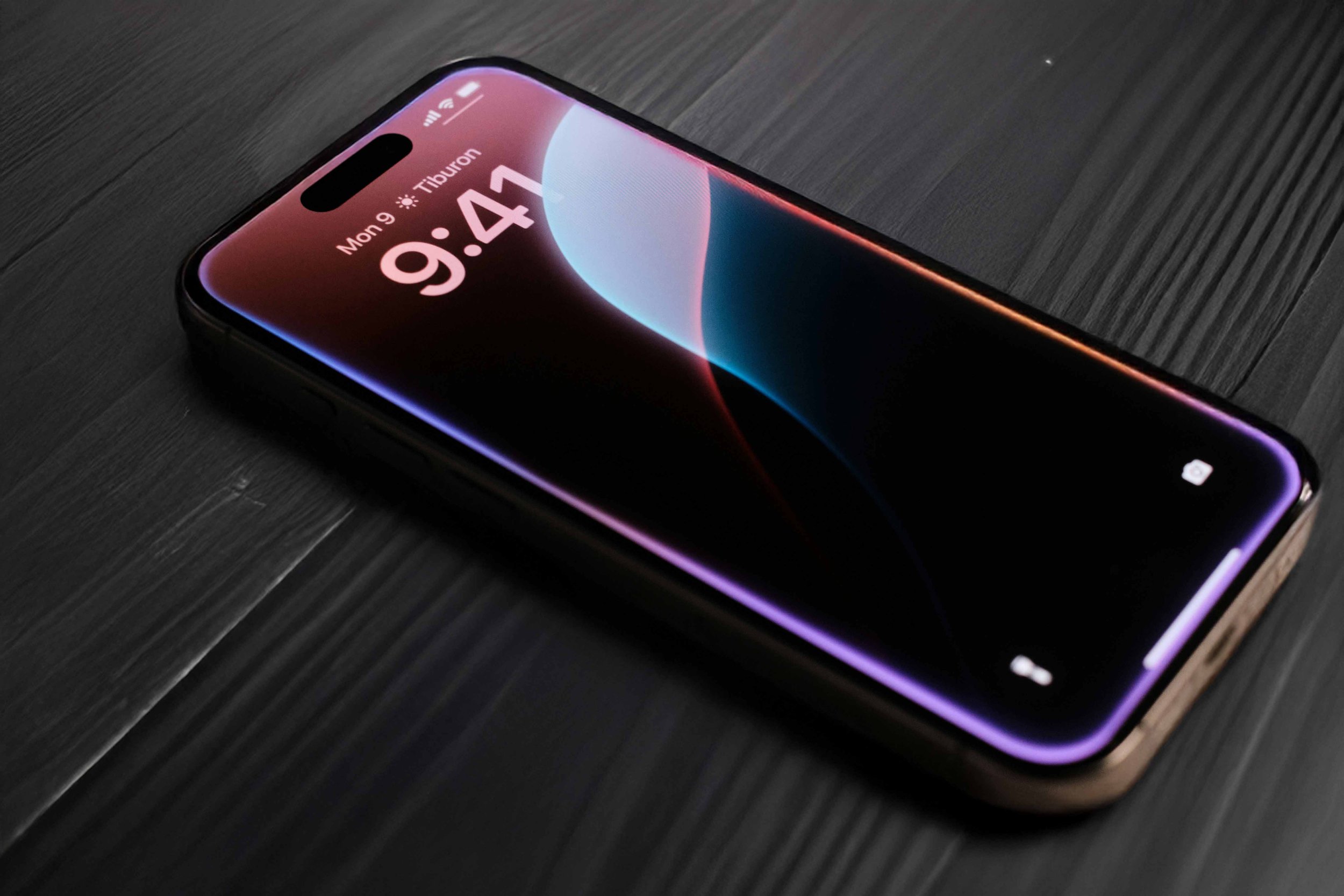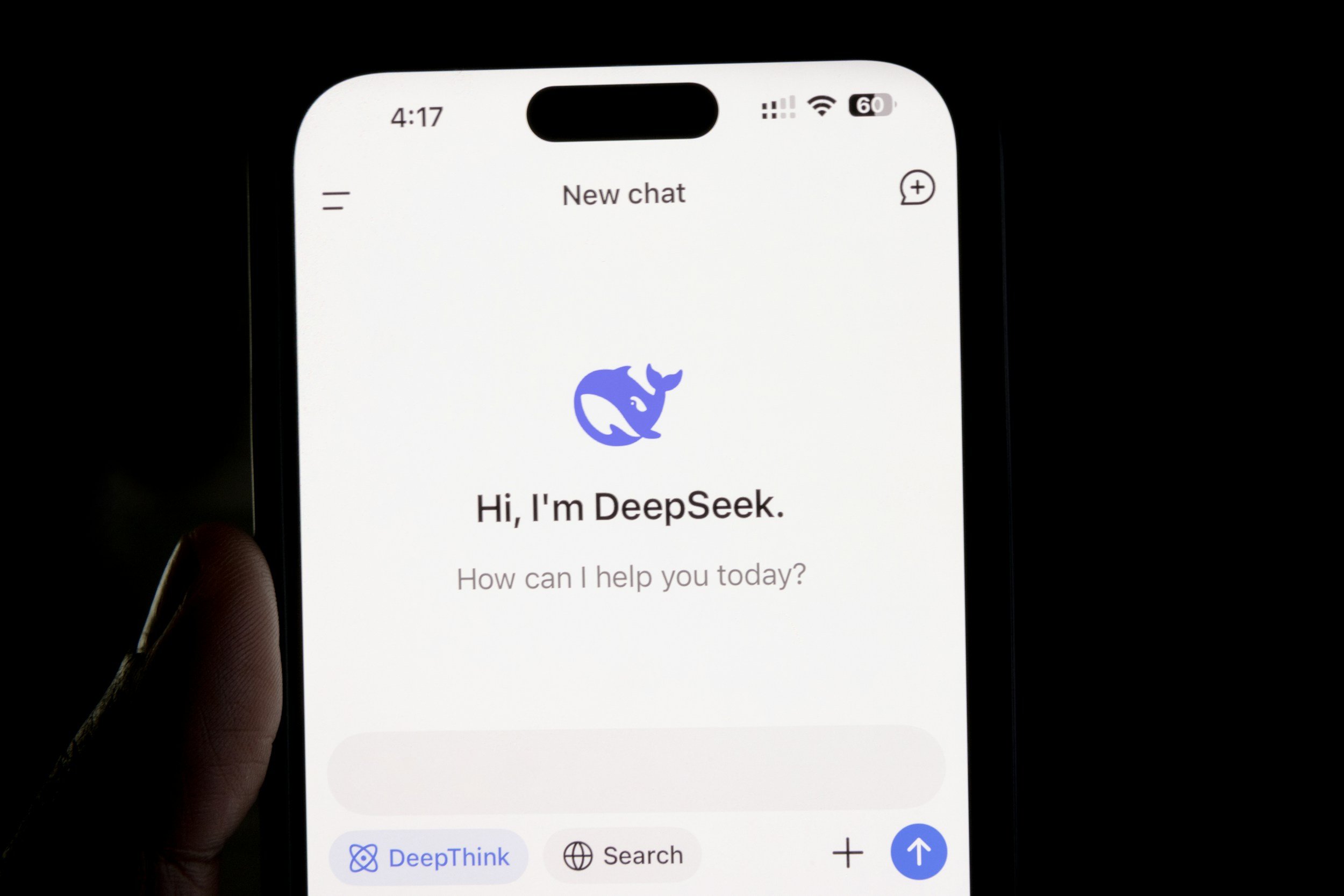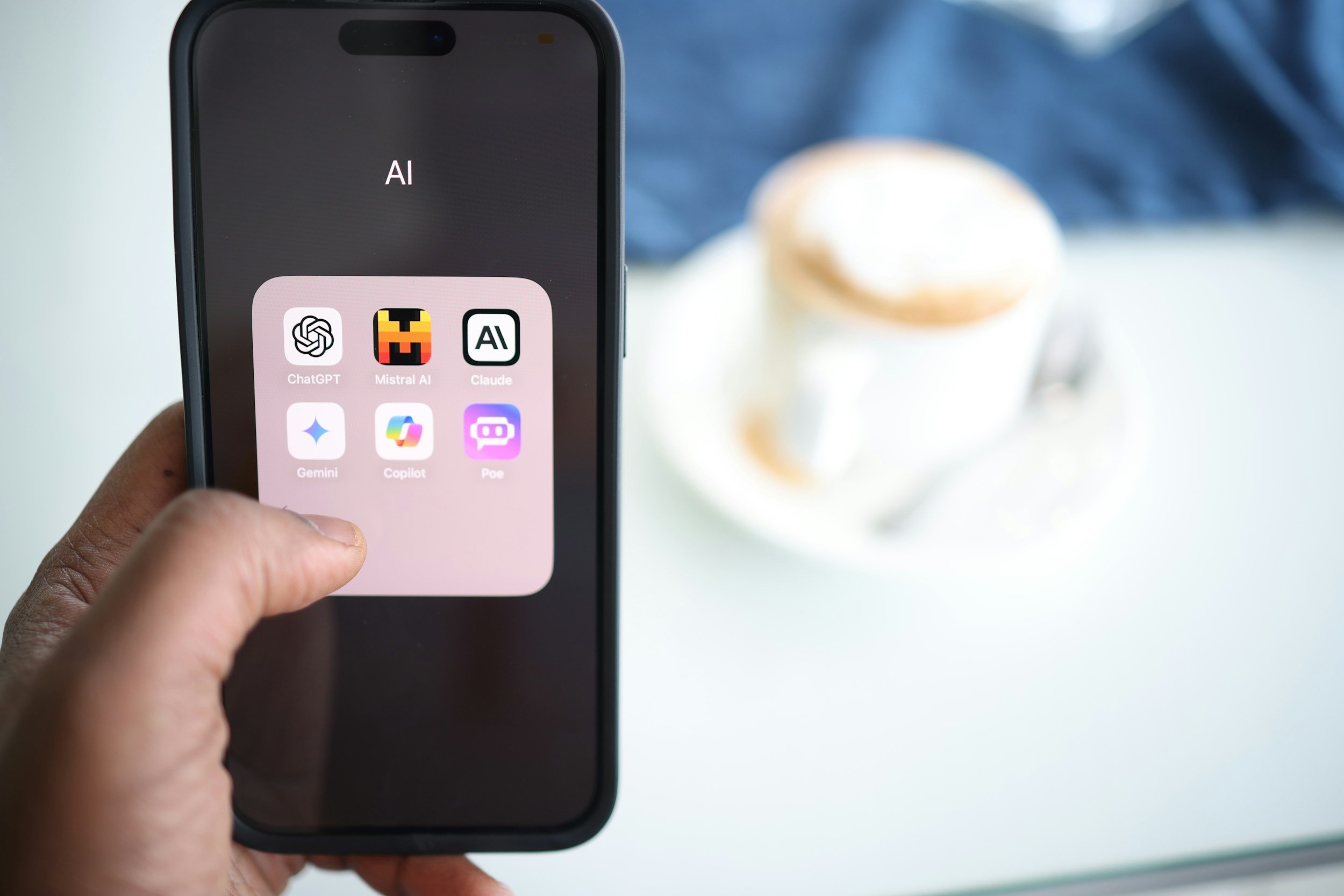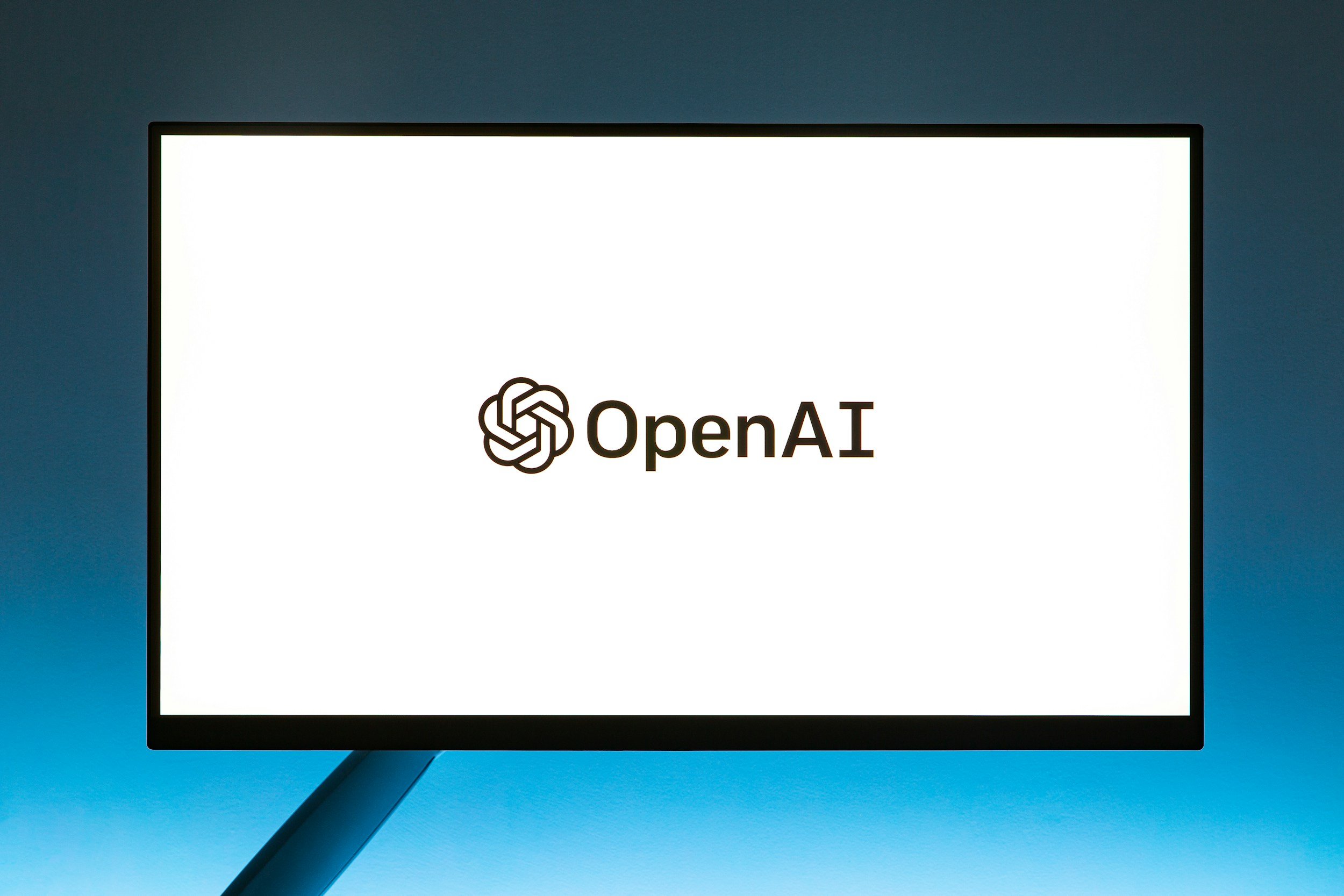What Is Apple's AI Plan for China?
When you purchase through links on my site, I may earn an affiliate commission. Here’s how it works.
Table of Contents Show
Apple's betting big on artificial intelligence in China, and it's not exactly a walk in the park. The tech giant is hustling to roll out its Apple Intelligence platform there by mid-year, a feat that's involved some serious software overhauls and leaning heavily on local partners.
Why the rush? Well, Apple's seen a pretty significant dip in sales in China – its biggest market outside the U.S. – and it's feeling the pressure. But with China's insatiable appetite for new tech and the government's watchful eye, can Apple really win over the Middle Kingdom with AI? Let's take a closer look.
Apple's China Strategy
Apple’s relationship with China is complicated. It started in the early ‘90s when the company planted its first seeds in the region. Fast forward to 2023, and Greater China (which includes mainland China, Hong Kong, and Taiwan) contributed a hefty 17.5 % of Apple’s total revenue. That’s a lot of iPhones.
So, what made Apple so successful in China? A few things:
Brand Power
Chinese consumers love Apple’s premium image – owning an iPhone is still seen as a status symbol.
Government Relations
Apple has spent years cultivating relationships with Beijing, ensuring it stays in the government’s good graces.
Localized Strategy
Apple has adapted its approach to China, from local payment integrations (hello, Alipay) to making WeChat an essential part of the iPhone experience.
But it hasn’t been all smooth sailing. Apple’s biggest headache? Competition. Local brands like Huawei, Vivo, and Xiaomi are offering high-end smartphones with AI features that go not only toe-to-toe with the iPhone but are actually quite far ahead, and at a fraction of the price. Plus, the Chinese government’s tightening grip on tech has made it harder than ever for foreign companies to thrive.
China’s Strict Regulations
By now we know that Apple wants to roll out its AI-powered Apple Intelligence features in China, but there’s a catch: China has some of the world’s strictest AI regulations. Foreign AI services need to partner with local firms and pass government approval before they can go live. In other words, Apple can’t just flip a switch and launch AI in China – it has to play by China’s rules.
That’s where Alibaba and Baidu come in.
Alibaba will help Apple ensure that its AI complies with Chinese censorship laws. That means filtering AI-generated content to stay within the government’s boundaries. If that sounds like a slippery ethical slope, well… it is.
Baidu is stepping in to power Visual Intelligence, Apple’s AI-driven image recognition tool. While the same feature is backed by Google and OpenAI in other countries, China has its own tech ecosystem – so Apple has to swap out Silicon Valley partners for local players.
This move shows Apple is willing to bend its principles to maintain its position in China. But I really wonder how much compromise is too much?
Apple’s Broader China Strategy
In a nutshell, Apple’s China strategy is about keeping its entire ecosystem alive in the country. Here’s a short overview of that:
| Strategy | How? |
|---|---|
| Localization | Tailoring software, services, and marketing to Chinese consumers |
| Influencer Marketing | Teaming up with Chinese celebrities to boost brand appeal |
| Customer Service | Strong after-sales support to build trust and loyalty |
| Supply Chain Investments | Keeping China as a key production hub despite diversifying elsewhere |
Apple recently opened a new R&D center in Shenzhen, focusing on hardware development, intelligent manufacturing, and supply chain efficiency. Translation: Apple isn’t pulling out of China anytime soon.
Can Apple Actually Win China’s AI Battle?
Apple’s AI ambitions in China are a high-stakes gamble. There’s a lot at play, and the risks are just as significant as the rewards. Here’s how I would weigh them:
Challenges
Local Competition is Brutal
Huawei, Vivo, and Xiaomi are innovating faster than Apple (I would even go so far and say much faster). Apple needs to prove its AI is worth the iPhone’s premium price tag.
Government Regulations are Unforgiving
China’s tech laws are constantly changing, and foreign firms often get the short end of the stick.
The Economy is Slowing Down
Consumer spending isn’t what it used to be, which could hurt Apple’s ability to sell high-priced devices.
Opportunities
China’s Smartphone Market is Still Huge
Even with headwinds, there’s massive potential if Apple can stay competitive.
Apple’s Brand Still Holds Weight
Despite challenges, Apple is still Apple. Its ecosystem and premium appeal aren’t going anywhere.
Innovation Can Be a Differentiator
If Apple can outclass local AI offerings with better privacy and functionality, it might win over skeptics.
The Ethics of Censorship
Let’s not sugarcoat it – Apple’s partnership with Alibaba to censor AI-generated content raises serious ethical concerns. This isn’t the first time Apple has had to make tough choices in China. Remember when it removed VPN apps from the App Store to comply with government restrictions? Yeah, that didn’t sit well with a lot of people.
The big question: Where does Apple draw the line? Critics argue that bending to censorship demands undermines Apple’s stance on privacy and free speech. Apple, on the other hand, insists it’s just following local laws. But at what cost?
Final Thoughts: Is Apple’s China AI Plan a Smart Move or a Risky Bet?
Apple’s AI push in China is a huge gamble. It’s pouring resources into partnerships, AI integration, and supply chain investments, all in hopes of staying competitive in a market that’s increasingly tough to crack. If it works, Apple could solidify its presence in China for years to come. But if it backfires? The consequences would be just as dramatic.
One thing’s for sure – Apple isn’t backing down. The company has played the long game in China before, and this AI rollout is just the next chapter in an ongoing saga. Whether it’s a stroke of genius or a misstep, only time will tell.
For now, all eyes are on Cupertino. And Beijing.
What do you think? Is Apple making the right moves, or is this a risky bet that could backfire? I’d love to hear your thoughts – drop a comment below and let’s discuss!
And if you want to stay ahead of the latest tech trends, don’t forget to subscribe to my newsletter for more in-depth analysis straight to your inbox.
Thanks a bunch for reading – see you around!
FAQ
-
Apple is facing declining sales in China, and AI-powered features could help differentiate iPhones from local competitors like Huawei and Xiaomi.
-
China requires foreign AI services to partner with local companies for regulatory approval. Alibaba ensures compliance with censorship laws, while Baidu provides AI capabilities Apple can’t use from Google or OpenAI.
-
That’s the big ethical question. Critics argue that partnering with Alibaba for AI censorship undermines Apple’s commitment to user privacy, but Apple maintains that it’s simply following local laws.
-
Yes. Slower consumer spending means premium-priced iPhones could face greater resistance, especially against cheaper, feature-packed local alternatives.
-
If Apple struggles to gain traction, it could lose more market share to Chinese brands, making it harder to justify its investments in the region.
MOST POPULAR
LATEST ARTICLES


























